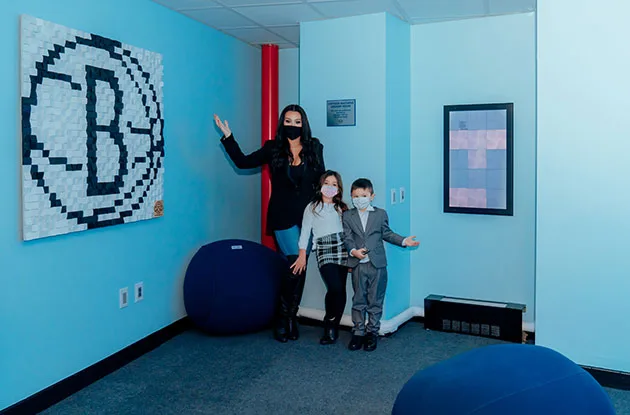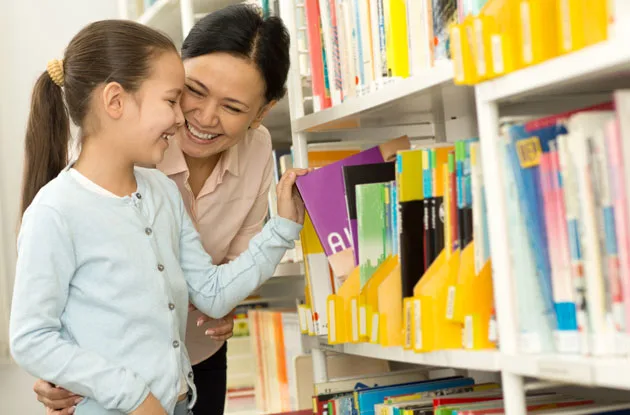Various studies show that kids are good at picking up “emotional residue” from their parents, according to Sara Waters, Ph.D., assistant professor in the department of human development at Washington State University. Because kids are good at picking up subtle cues from emotions, if they feel something negative has happened but parents are acting normal and not addressing it, they get confused from the two conflicting messages being sent, says Dr. Waters. Rather than suppressing emotions in front of your children, a study published in the journal Emotion by Dr. Waters and co-authors from the University of California, Berkley and the University of California, San Francisco, suggests that the best course of action is to let kids see a healthy conflict, from start to resolution, which will benefit their long-term emotional intelligence.
“We wanted to look at how we suppress emotions and how that changes the way parents and kids interact,” said Dr. Waters, who oversaw and co-authored the findings of the study. “Kids pick up on suppression, but it’s something a lot of parents think is a good idea to do.
The study observed 109 mothers and fathers with their children in San Francisco. First, the researchers gave the parents a stressful task: to speak publicly with negative feedback from the audience. Parents were then given an activity to complete with their children, with some randomly told to suppress their emotions while others were told to act naturally. All parent-child pairs had to work together to assemble a Lego project. Kids ages 7-11 were given instructions and had to direct their parents without touching the Legos.
“We were interested in behaviors,” Dr. Waters said. ”We looked at responsiveness, warmth, quality of interactions, how the parent provided guidance for the child.”
Dr. Waters and her co-authors had a team of undergraduate research assistants watch all 109 videos of the interactions to mark every instance of warmth, guidance, and other emotions. Both the parent and child were hooked up to a variety of sensors to measure things like heart rate and stress level, which was combined with the data of the research assistants.
“The act of trying to suppress their stress made parents less positive partners during the Lego task,” Dr. Waters said. “They offered less guidance and those kids were less responsive to their parents. It’s almost like the parents were transmitting those emotions.”
Dr. Waters suggests to let kids see the whole trajectory of a conflict. “That helps kids learn to regulate their own emotions and solve problems. They see that problems can get resolved,” she said. “It’s best to let the kid know you feel angry, and tell them what you’re doing to do about it to make a situation better.”
Next time you find yourself in a conflict in front of your kids, remember the importance of teaching conflict resolution. Learning these skills young will help children learn to express their emotions in healthy ways and benefit their overall character development.





















